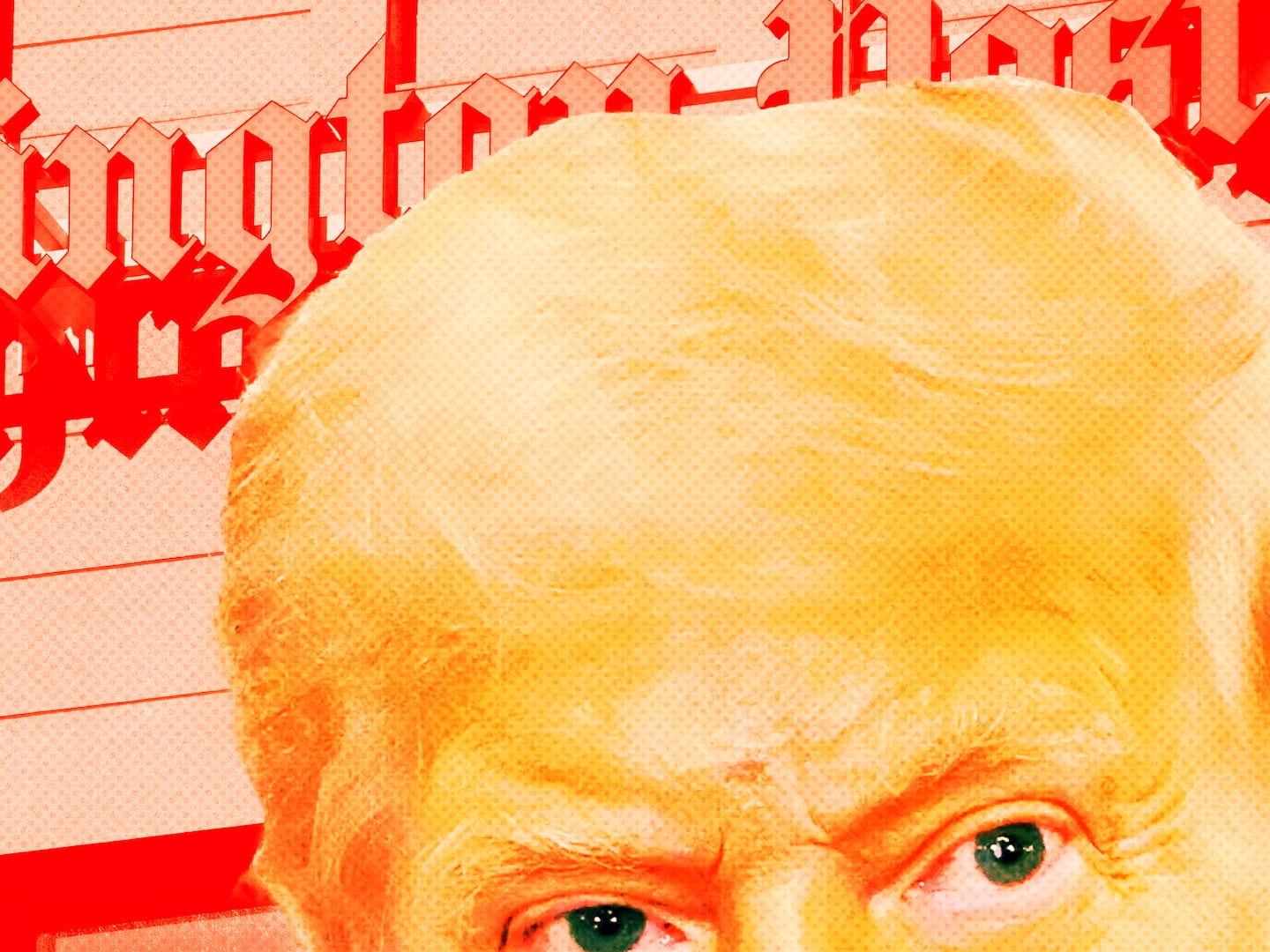Clearly exasperated, Judge Belvin Perry, Jr. uttered a single line on Saturday, day 39 of the capital murder trial of Casey Anthony, that spoke volumes: "You think this would've grown old by now, but I guess some things never change."
The exclamation, after yet another in a long string of prosecution objections to the way attorney Jose Baez is attempting to present the defense case, turned into a private huddle as the judge and the lawyers seemingly sought to remedy yet another defense team gaffe in front the of the jury. The result: Court adjourned with no testimony heard.
Long before the trial, Perry issued orders about how he expected the case to proceed. One of the main orders: expert witnesses file a full report on what they intended to testify about, including all their findings, opinions, and details of any and all experiments they had conducted. In the world of criminal justice, both sides are entitled to know what the other knows.
On three occasions the defense ignored Perry’s order and tried to either present expert witnesses without the prerequisite final report, or to ask questions about topics not in their report. At one point, outside the presence of the jury, a frustrated Perry jumped in to question forensic scientist Dr. Richard Eikelenboom.
“Were you told, doctor, that you needed to do a report for the court?”
“No, just an affidavit,” he answered.
“And you got your instructions from who?” Perry asked.
“From Mr. Baez …” And he went on to explain that just three days earlier, on a Saturday evening, he sat down and “wrote a short report” after Baez finally instructed him to. Not good enough, the judge ruled, and Eikelenboom’s testimony was limited.
Short, stout Perry is the longtime chief judge in Orlando and highly respected for his accomplishments and tenure. He runs a tight courtroom and in mandating the six-day a week schedule he often cites the disruption this weeks-long case has on the sequestered jury, chosen from the Clearwater area 100 miles away.

Perry has made it clear he is unhappy with the lawyers from both sides of the Casey Anthony case for “engaging in what I call ‘game playing.’” At one point the judge hinted darkly at recommending court sanctions or reporting the lawyers to the bar for ethics violations at the end of the trial.
To be fair, however, it is Baez who is in Perry’s crosshairs the majority of the time. On occasion the judge seems to be trying to teach the inexperienced defense attorney from the bench, reminding Baez, for example, that he can’t discuss an item until he submits it into evidence. At one point recently the judge stopped himself and said, “Well, it’s not my job to tell you.”
Veteran Orlando-based attorney Bill Sheaffer told The Daily Beast he thinks the defense has so far, “been inadequate and ineffective.” As a legal analyst for local WFTV, Sheaffer said, “I end every day asking, ‘Have they raised a reasonable doubt about the states’ case?’ and every day I say I don’t think they have. The general consensus is it’s a combination of (Baez’s) lack of experience coupled with him being awfully busy trying to make a name for himself. ”
Much of the defense presentation has centered on recalling prosecution witnesses, including members of the Orange County Sheriff’s Department and the FBI forensics team. Baez scored points when he got FBI examiner, Lorie Gottesman, to admit she had contaminated duct tape found on the child’s skull by leaving behind her own DNA. But most often Baez’s questioning centered on inconsequential things the witnesses failed to do or see: No fingerprints or heart-shaped sticker residue were found on the duct tape, no blood was found on any of Casey Anthony’s clothing, and there was a failure to discover who the real father of Caylee might be—although both Casey’s father and brother were excluded.
Veteran court watchers find that little of that testimony had an impact and, in fact, it often went to remind the jury of the prosecution’s theory–that Caylee had been either overdosed on chloroform or suffocated with strips of duct tape so her mother could go out partying. Common sense already says a body abandoned in the wild for six months, often underwater, would yield little evidence; that blood is usually not present in suffocation or poisoning cases; and who a child’s father might be doesn’t change the fact that she is dead.
When it comes to the defense team’s expert witnesses, the choices have been, well … interesting. Eightysomething Dr. Werner Spitz brought his own human skull as a prop to court and testified about his autopsy of little Caylee’s remains, yet he called her “Casey” at least twice. He declared that residue found on the left side of the child’s skull was from her decomposing brain, but he admitted he never tested it to see if it might have been sediment from floodwaters. Spitz surprised the court when he testified that he believes the duct tape had been placed on the child’s face after death. He offered little evidence to that, and his testimony was reported to have made some of the jurors snicker.
Forensic botanist Dr. Jane Bock, who earned her master’s degree in the mid-'60s, testified “leaf litter” seen in photographs taken at the recovery site led her to conclude that the body had been there approximately two weeks and not six months as generally assumed. She said that the well-established plants and roots intertwined in the child’s bones could have grown up in that short period of time. She seemed stymied when Prosecutor Jeff Ashton asked how one of Caylee’s bones could have sunk a full four inches below the topsoil in two weeks. Bock suggested a dog or coyote could have buried it. Ashton laughed out loud at the notion.
When forensic anthropologist Dr. William Rodriguez was sworn in, he falsely claimed he was co-founder of the Body Farm in Oak Ridge, Tennessee a renowned research facility studying human decomposition. When pressed by the defense to testify to topics not in his final report, the prosecutors objected and all hell broke loose. The jury was removed and Perry told Baez, “It appears to me this was quite intentional, not inadvertent!” Baez petulantly responded that he thought to ask a witness “to put down every single opinion in a report … I don’t think it’s reasonable.” Court was suspended for the day and an immediate deposition of Rodriguez was ordered.
Rodriguez never returned to court. His current employer [the department of Defense] sent word that he had failed to get permission to testify, and if he went forward he would be fired immediately. Rodriguez was removed from the witness list.
“Jeff Ashton has destroyed Baez’s case on so many levels,” says Sheaffer. “It’s like he’s playing high school baseball against the New York Yankees.”
Late last week, Baez was successful in scratching the ugly scab of Anthony family dysfunction. He got Cindy Anthony to admit that while doing a computer search for chlorophyll, she was diverted to sites on chloroform, which made headlines everywhere. Far less reported upon was her follow-up answer to the question about whether she had conducted any of the 84 searches from that computer for “How to make chloroform at home.” She answered an emphatic, “No.” It presumably left the jury to wonder who within the home had.
And brother Lee Anthony revealed a still raw wound within the family when he was asked to remember the first time he realized his sister was pregnant. His voice choked with emotion when he testified that his mother, Cindy, had waved him off when he asked about it and told him not to bring it up again. “I was very angry at my mom … (and) at my sister—that they didn’t want to include me and didn’t find it important enough to tell me,” he sobbed.
Baez reportedly told Fox TV host Geraldo Rivera that he was setting up Lee to testify that the reason he wasn’t included in preparations for the baby’s birth was because his parents had come to believe—presumably from Casey herself—that he was Caylee’s father. When Perry disallowed such testimony, reports say that Baez vented his frustration.
Still to come: The defense has to back up its bombshell opening statements that Caylee wasn’t murdered, but rather accidentally drowned (with her father in on the cover-up) and that Casey got into the habit of lying because of a sexually abusive father and brother. In other words, we’re still sifting through the dry parts of the defense—the real fireworks haven’t even begun.






